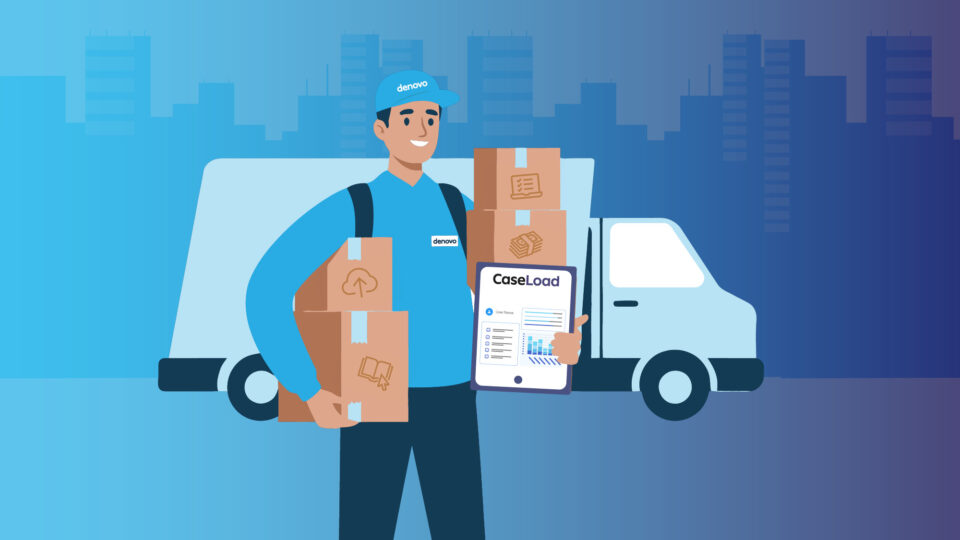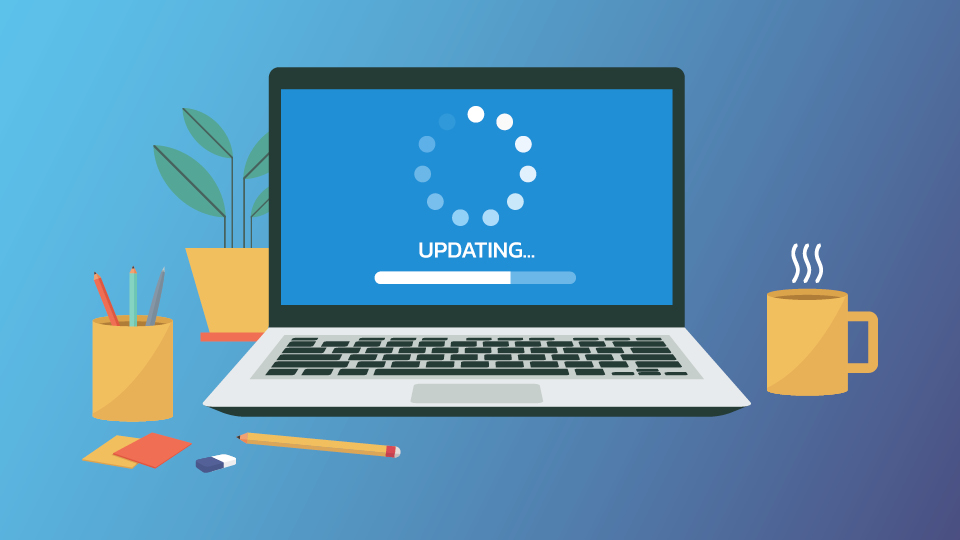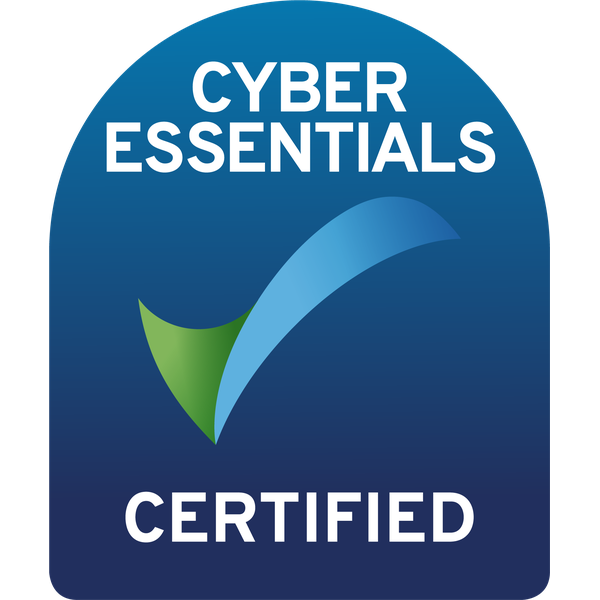Written by:

Grant Yuill
Head of Marketing & Customer Engagement
Denovo‘s expert outsourced legal cashiering service offers advice on the advantages of outsourcing, as well as a list of specific questions that law firms should think about before making a decision.
It can be enticing while running a law business to want to control every bit of daily administrative work that comes through your doors, particularly when that administrative work has to do with your legal accounts.
For business stability, growth, and, of course, compliance, it is important to understand exactly how much money is coming in and out of your office and client accounts. This is why so many law firms rely on adding committed cashiers to their staff.
But is doing your cashiering internally the best course of action?
Here at Denovo, we openly discuss the need of managing your law firm’s cashiering in a “clever” manner if you want to be successful in the increasingly competitive legal market. There are several ways to accomplish this, such as spending money on cutting-edge technology, or going paperless entirely.
However, one strategy in particular is being used by more and more legal companies, and that is outsourcing.
Here is why…
Advantages Of Outsourcing Your Legal Cashiering
There are many different reasons a law firm would decide to outsource its cashiering operations. However, one aspect in particular, compliance, stands out to us.
In the legal field, accounts are subject to strict regulations. Therefore, maintaining compliance is extremely difficult, especially for busy firms handling high transaction volumes where the chance of error gets higher.
When you entrust your cashiering responsibilities to an outsourcing professional, it is their obligation to assist you in making sure your accounts comply with strict regulatory requirements. You may relax knowing that your accounts are updated and that safety is uncompromised.
But that isn’t the only explanation. The following are some additional key advantages that assist a law firm’s aims:
- Enhanced business sustainability, with no service gaps even during busy holiday seasons or absences due to illness.
- Savings without the additional costs of hiring an internal cashier, such as their salary, training, office space, and other overhead expenses.
- A good interpersonal connection with remote outsourced cashiers who serve as an extension of your team.
- Customised assistance you may adjust to your workload amounts, as well as your unique methods and procedures
Things To Consider About Before Outsourcing
Prior to making any significant commitments, like with any migration between different working styles, there are a number of things you should carefully and closely examine.
There are six essential factors to take into consideration when outsourcing that will assist you to achieve a smooth transition:
1. Enter a New Perspective
The term “outsourcing” may bring to mind ideas of anonymous, faceless workers working inaccessibly for you from afar.
Experienced legal cashiers however, are far away from this stereotype.
Change your outlook on an outsourced partner in order to have a successful connection. The best strategy is to think of an outsourced cashier as a part-time worker who just so happens to work from home.
By seeing them as an addition to your employees, you can trust the legal cashier to represent your interests and exercise the appropriate level of autonomy to increase productivity for your company.
The pandemic has also taught us to think about how a firm might function without a skilled employee, which is maybe the most important lesson it can offer. With an outsourced cashier, you have the continuity of operations necessary to resume your accounting operations without interruption, including any back-posting.
2. Communicating Effectively
Your outsourcing provider and you share a core concern about communication in all its forms. You’ll probably be given a specific cashier’s name, who you can get in touch with whenever you like and how frequently you like.
These channels of communication open up as soon as you begin interacting with possible partners and last all the way through the onboarding process until you finally work with your chosen cashier. Effective communication ensures that your outsourcing provider gives you precisely what you need.
3. Value and Scalability
Cost is an important factor in any professional decision because every organisation has its eye on the bottom line. Therefore, you must be aware of your spending habits and areas where you can save costs.
The fees that outsourcing providers often charge are based on the volume of transactions, so they scale up (or down) depending on how busy you are. Budgeting and financial planning benefit greatly from this.
4. Compliance with the Regulation Authority
Compliance with the Solicitors Regulation Authority (SRA) is crucial to your bookkeeping. It should be, at the very least. It’s essential for meeting regulatory requirements, but it also helps your compliance officers do their jobs effectively.
Making weekly compliance reports is one of your outsourced cashier’s duties. It is important for keeping your finances, compliance officers for your law practise, and compliance officers for finance and administration, in good standing with industry authorities.
The assurance of compliance is probably what will influence your choice in favour of outsourcing.
5. Standard Procedure
Establishing procedures is essential to ensuring easy information exchange between your law practise and your outsourcing partner as well as efficient account maintenance. These are easy, but essential, efficiencies that simplify who does what and when.
It would be necessary to show some flexibility and trust in this situation; for instance, legal experts might let their outsourced cashier access their HM Land Registry site so that they can submit transactions directly from Land Registry statements to further cut down on time.
Simplification can be demonstrated through read-only access to your bank statements or your online payments gateway, both of which are very helpful for bank reconciliation.
6. Be open to Change
Let’s face it, we all have strict habits. But that does not imply that the traditional approach is the best one. It’s simple to get used to having a cashier in a nearby office to whom you can simply toss pieces of paperwork all day long.
It can often be challenging to adjust to this more organised working pattern while outsourcing because everything changes. But in the long term, the effort spent getting used to a new, more efficient procedure is beneficial.
Your outsourcing partner will work with you to develop the best procedures that minimise the total cost. The transition to outsourced service support will be a lot simpler if you have positive investment from everyone involved.
Conclusion – When is it best to choose outsourcing?
Although the majority of law firms now opt for outsourcing when they first launch their new business, in practise, outsourcing can be implemented whenever it is appropriate. The main causes, aside from start-ups seeking to lessen their administrative workload, are cashiers retiring or departing, as well as workforce shortages brought on by holidays or unexpected absences.
There is no best time to begin outsourcing your cashiering, as there is with the most innovative business decisions. But the right moment will always come.
And believe us. You’ll know when the timing is right when it strikes.
Our ‘Six things to consider before outsourcing your legal cashiering’ guidance is adapted from our Outsourced Cashroom Services. You can easily download our introductory guide here.















